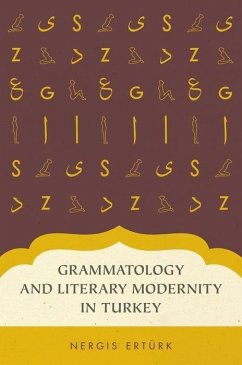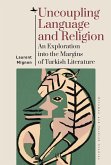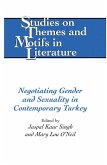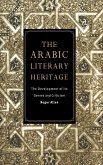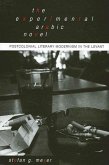The 1928 Turkish alphabet reform replacing the Perso-Arabic script with the Latin phonetic alphabet is an emblem of Turkish modernization. Grammatology and Literary Modernity in Turkey traces the history of Turkish alphabet and language reform from the mid-nineteenth to the mid-twentieth century, examining its effects on modern Turkish literature. In readings of the novels, essays, and poetry of Ahmed Midhat, Rec izade Ekrem, mer Seyfeddin, Ahmet Hamdi Tanpinar, Peyami Safa, and N zim Hikmet, Nergis Ert rk argues that modern Turkish literature is profoundly self-conscious of dramatic change in its own historical conditions of possibility. Where literary historiography has sometimes idealized the Turkish language reforms as the culmination of a successful project of Westernizing modernization, Ert rk suggest a different critical narrative: one of the consolidation of control over communication, forging a unitary nation and language from a pluralistic and multilingual society.

